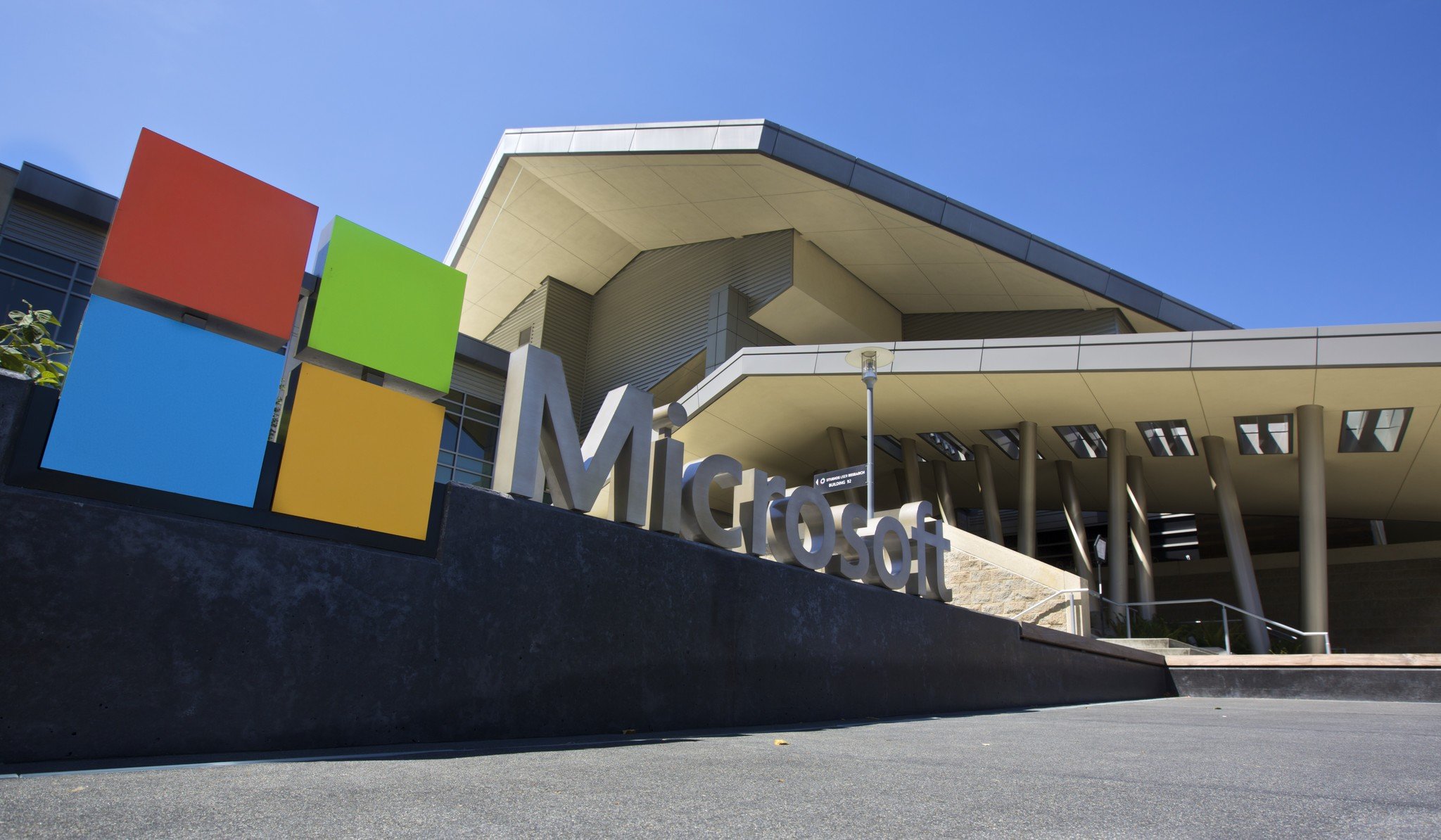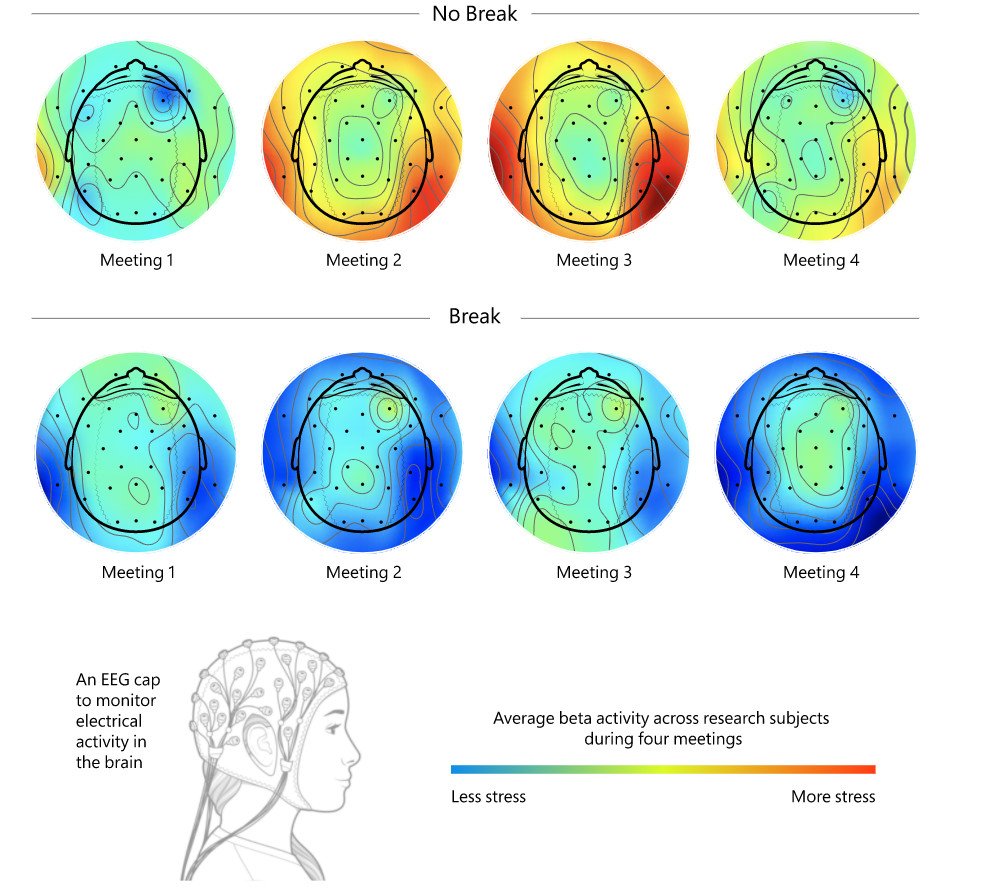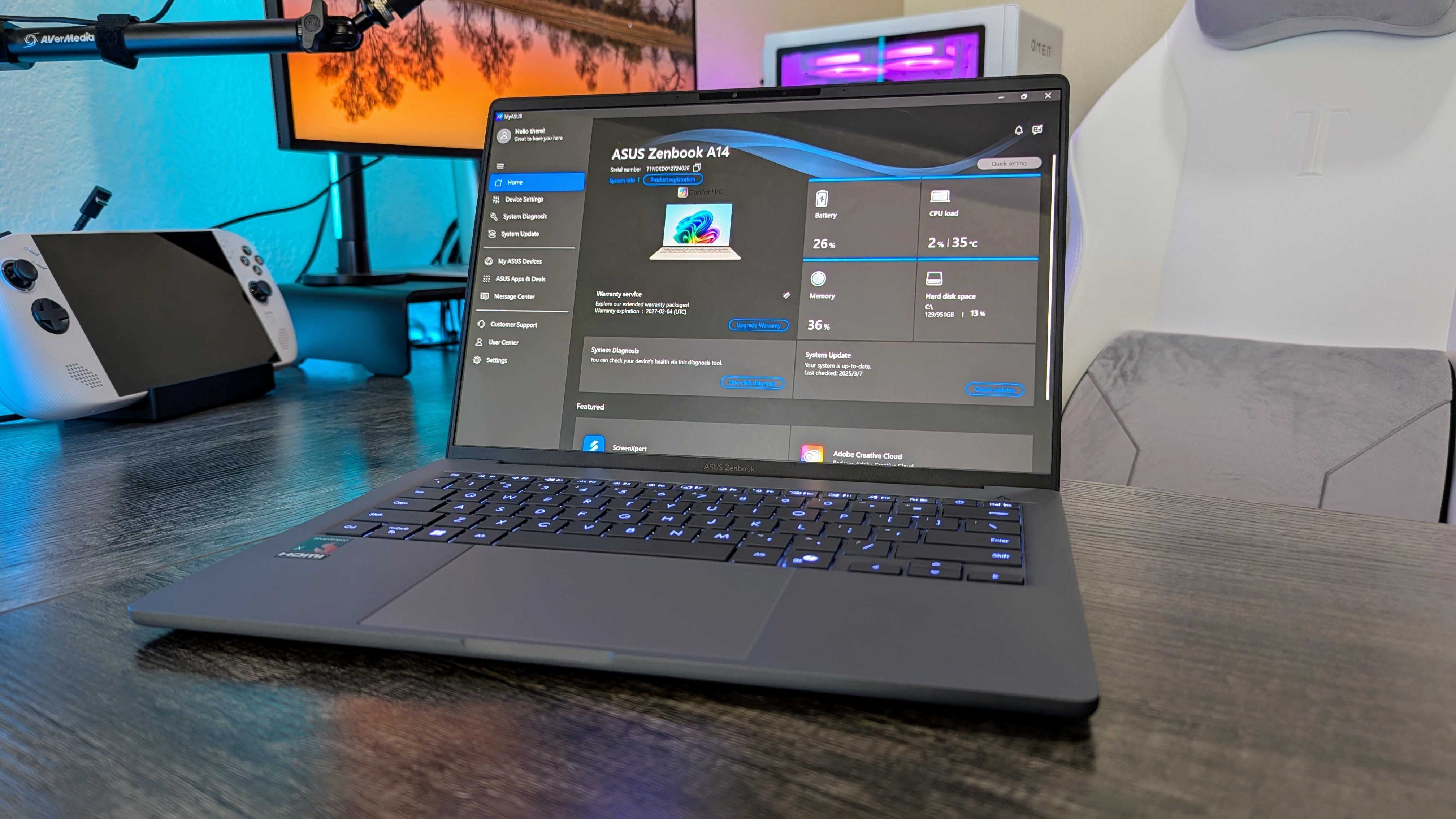New Microsoft research shows our brains need breaks from meetings
Did you know that your brain needs breaks?

All the latest news, reviews, and guides for Windows and Xbox diehards.
You are now subscribed
Your newsletter sign-up was successful
What you need to know
- Microsoft ran a study to measure the electrical activity of brains during meetings.
- Brains not provided breaks between meetings endured higher stress levels.
- Microsoft has updated Outlook to have a feature for scheduling organization-wide breaks.
Microsoft has amassed quite the collection of research on how day-to-day work is changing amidst our brave new pandemic world. And in the company's latest addition to that collection, they've now published a study showing the results of what happens when you subject someone's brain to two hours of meetings without breaks. Spoiler alert: The results ain't pretty.
As a direct tie-in to Outlook's new feature that allows for the customization of organization-wide scheduling defaults to include time for breaks, Microsoft published a study on why breaks matter. The company's Human Factors Lab had 14 people participate in video meetings while wearing caps that measured their brains' electrical activity. Those people were then subjected to two sessions' worth of exhausting meetings.
The sessions took place on two consecutive Mondays. One session involved enduring four half-hour meetings back-to-back, while the other did the same but injected 10-minute breaks between meetings. As you might guess, the people without breaks suffered from higher stress levels.

So, in conclusion: Microsoft has confirmed that human beings need breaks to survive the daily grind with their brains' relative health intact. Surprise! Fingers crossed that Microsoft conducts another study validating the need for monthly company-expensed employee vacations to Hawaii (in addition to ten-minute meeting breaks).
All the latest news, reviews, and guides for Windows and Xbox diehards.

Robert Carnevale was formerly a News Editor for Windows Central. He's a big fan of Kinect (it lives on in his heart), Sonic the Hedgehog, and the legendary intersection of those two titans, Sonic Free Riders. He is the author of Cold War 2395.
